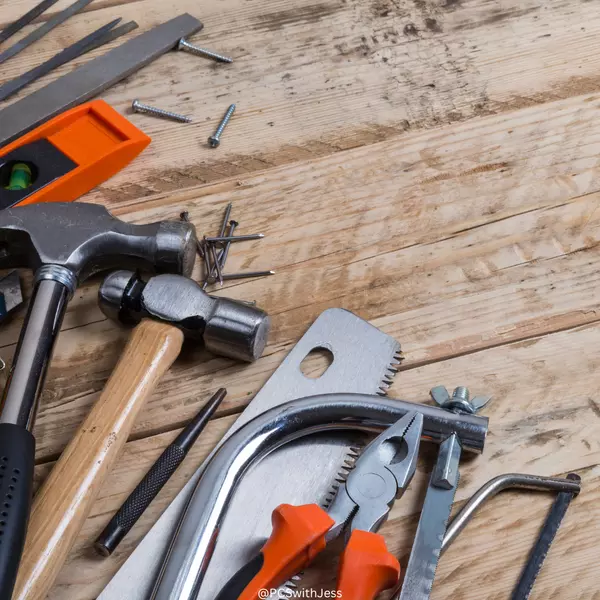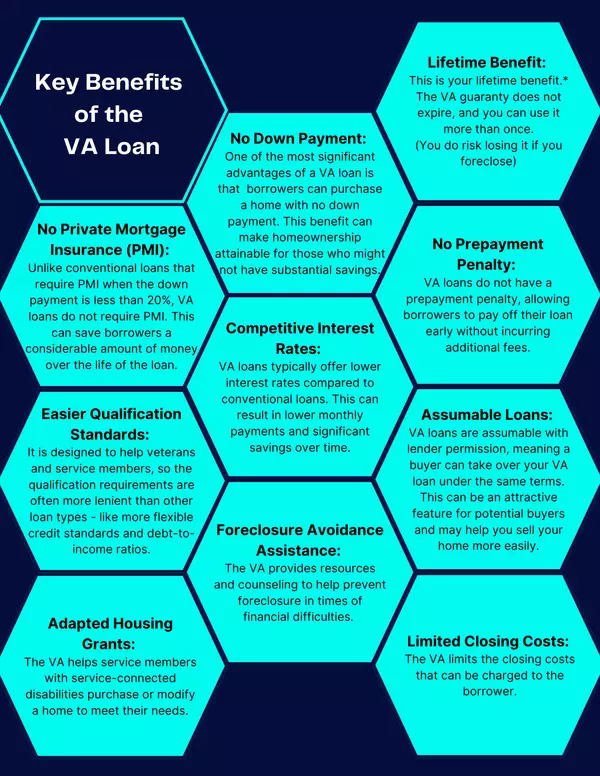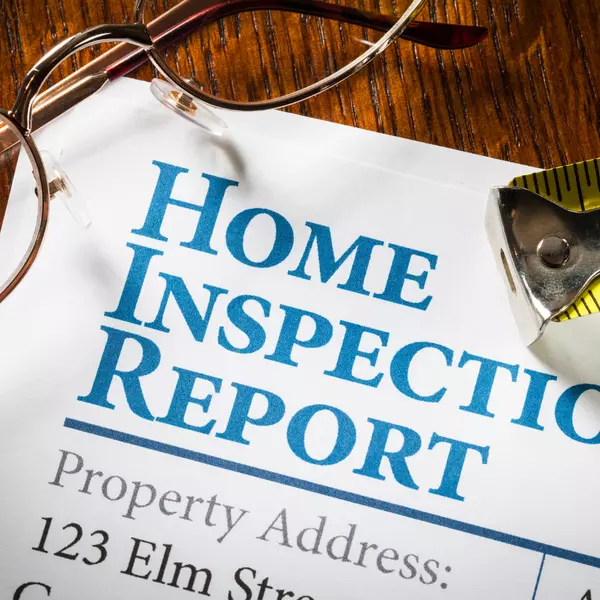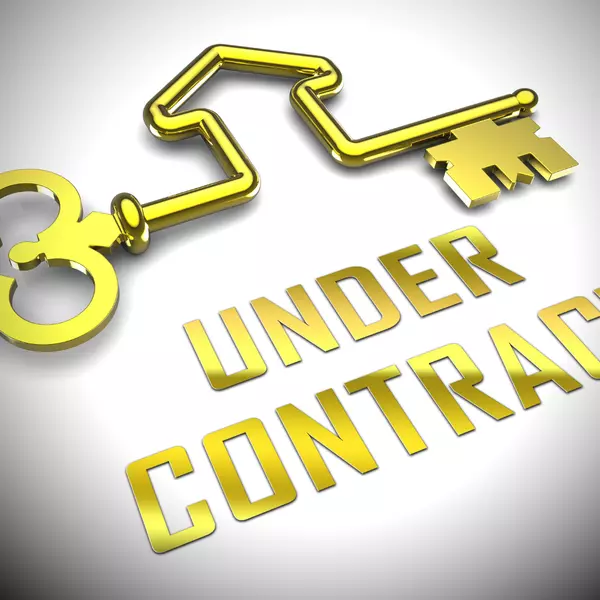The Wise Approach: Why First Time Homebuyers Should Not Buy Their Dream Home

Purchasing a dream home is often considered a significant milestone in one's life. However, for first-time homebuyers, taking a step back and considering alternative options might prove to be a more financially gainful choice. In this blog post, we will explore why it can be advantageous for first-time buyers to opt for a fixer-upper or a cheap home that meets their basic needs, live in it for a while, and then consider renting it out for future financial gains. This option is especially fruitful for young homebuyers or homebuyers who know they will be moving again soon such as the military.
-
Building Equity and Financial Stability: A fixer-upper or a modestly priced home provides an excellent opportunity for first-time homebuyers to build equity and achieve financial stability. By purchasing a property at a lower price point, buyers have the chance to invest their savings into necessary renovations and upgrades. This approach enables them to increase the value of their property, thereby building equity faster than they would in a more expensive dream home.
-
Practical Learning Experience: A fixer-upper provides a valuable hands-on learning experience for first-time homebuyers. It allows them to become intimately familiar with the construction and maintenance aspects of homeownership. Taking the time to renovate and repair aspects of the property imparts valuable knowledge about the building process, various systems within a home, and the associated costs. This practical education can be beneficial when making future real estate decisions.
-
Lower Financial Burden and Flexibility: Purchasing a fixer-upper or a cheap home that meets basic needs generally results in a smaller mortgage and reduced monthly expenses. This lower financial burden offers first-time buyers greater flexibility in managing their finances and achieving other goals, such as saving for retirement, starting a family, or pursuing further education. Moreover, having lower mortgage payments allows homeowners to allocate more funds towards renovations and repairs, gradually enhancing the property's value.
-
Rental Income and Investment Potential: One of the significant advantages of purchasing a fixer-upper or an affordable home is the potential for generating rental income. After living in the property for a few years, first-time homebuyers can consider renting it out when they are ready to move on to their next home. This rental income can help cover mortgage payments and provide an additional source of revenue. Furthermore, owning a rental property establishes a foundation for future real estate investments, opening doors to opportunities for long-term wealth accumulation.
-
Enhanced Buying Power for the Dream Home: By following a strategic approach of starting with a fixer-upper or a cheap home, first-time buyers can significantly enhance their buying power when it comes to their dream home. As they build equity and potentially generate rental income, they increase their financial resources and creditworthiness, making it easier to secure a mortgage for their desired property. This approach allows for more flexibility in choosing a dream home that might have otherwise been unattainable as a first-time buyer.
While it may be tempting for first-time homebuyers to go all-in on their dream home, a wiser approach lies in considering a fixer-upper or a modestly priced home that meets their basic needs. By taking this path, they have the opportunity to build equity, gain practical knowledge, reduce financial burdens, and set the stage for future real estate investments. Remember, homeownership is a journey, and starting with a more manageable property can lead to greater financial stability and the realization of long-term aspirations.
Categories
Recent Posts











